Background
Digitalisation provides both opportunities and challenges as work could become more efficient, healthy and creative, but also more insecure, stressful, and difficult. Simultaneously, European labour markets experience a ‘demographic revolution’ since the share of 50+ workers (born in 1972 or earlier) is larger than ever. Additionally, this 50+ cohort will retire later than previous cohorts because of increasing pension ages in many countries according to OECD data. There is still academic debate on whether digitalisation primarily hurts or helps the position of older workers. This uncertainty makes it vital to understand the interplay between ageing and digitalisation. This Action refers to five central areas in which contemporary understanding of this interplay is more or less non-existent.
Mission
Overcome critical gaps in conceptual innovation on the influence of digitalisation on work inequalities in later life, in order to address the research-policy disconnect and tackle work inequalities in later life redefined by digitalisation in Europe.
Social inequalities
The first area concerns social inequalities. Digitalisation can bring new inequalities between younger and older workers, for example, and also within these groups, depending on factors such as gender, education, sector of employment or technical literacy. Yet, it can also reduce existing inequalities. A disability may be overcome thanks to assistive technology, for instance. Among other things, inequalities concern having a job, wages and job conditions.


Digitalisation of work and older workers’ health
A third largely unexplored central area concerns the complex interplay and connection between digitalisation of work and older workers’ health, which is a vital condition for extending working life. Automation can make physical work lighter for older workers. At the same time, digitalisation may hurt older workers’ mental health through increasing technostress, that is, the influence of technology on the strain workers experience.


Social, corporate and news media
A fifth gap is about social, corporate and news media all reflecting and propelling stereotypes of older workers and digitalisation.
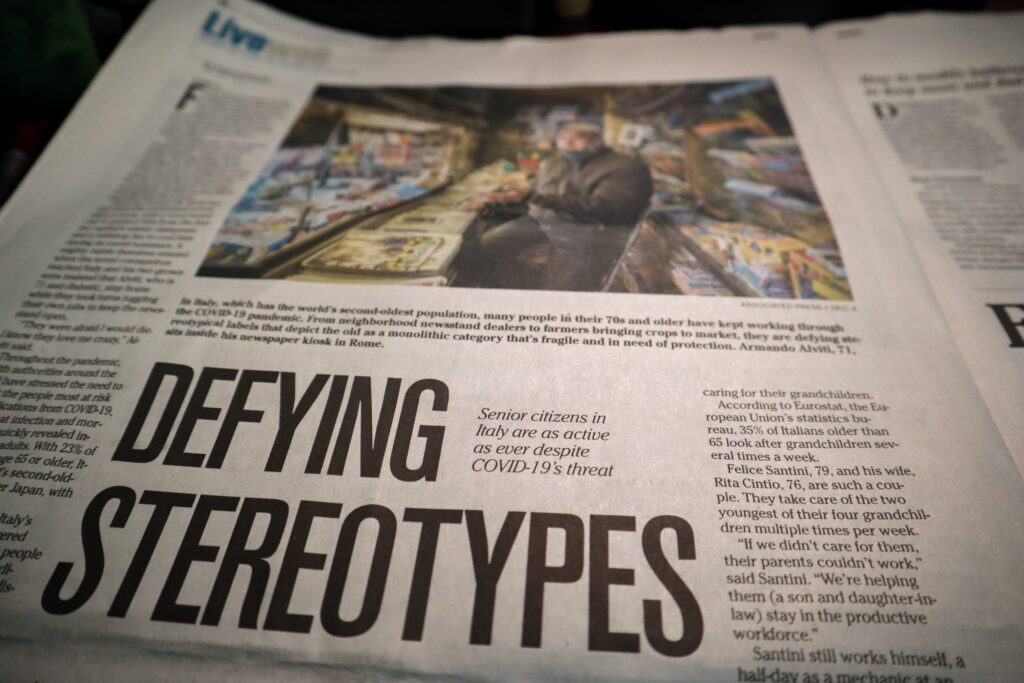
Leadership
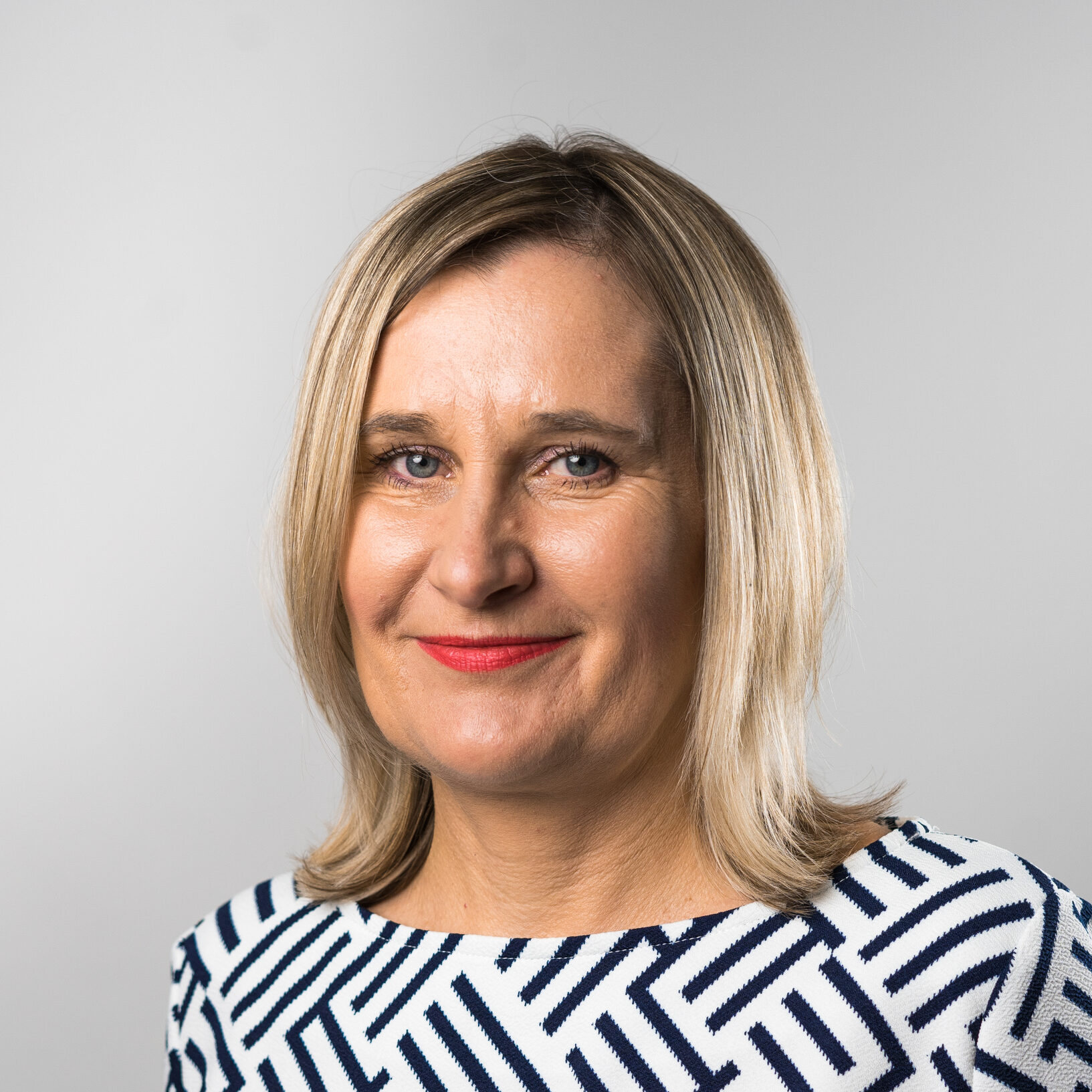
Martina Rašticová
Action Chair
Mendel University in Brno, Czechia
Martina is an Associate Professor at Mendel University in Brno, currently a Vice Dean for Internationalisation at the Faculty of Business and Economics. For more than twenty five years, she has been coducting the research on diversity, gender, age and intercultural studies from a socio-economic perspective. For the last four years, she has been mostly focusing on the influence of digitalisation on the labour market and on the implementation of the ESG concept in Czech organisations.
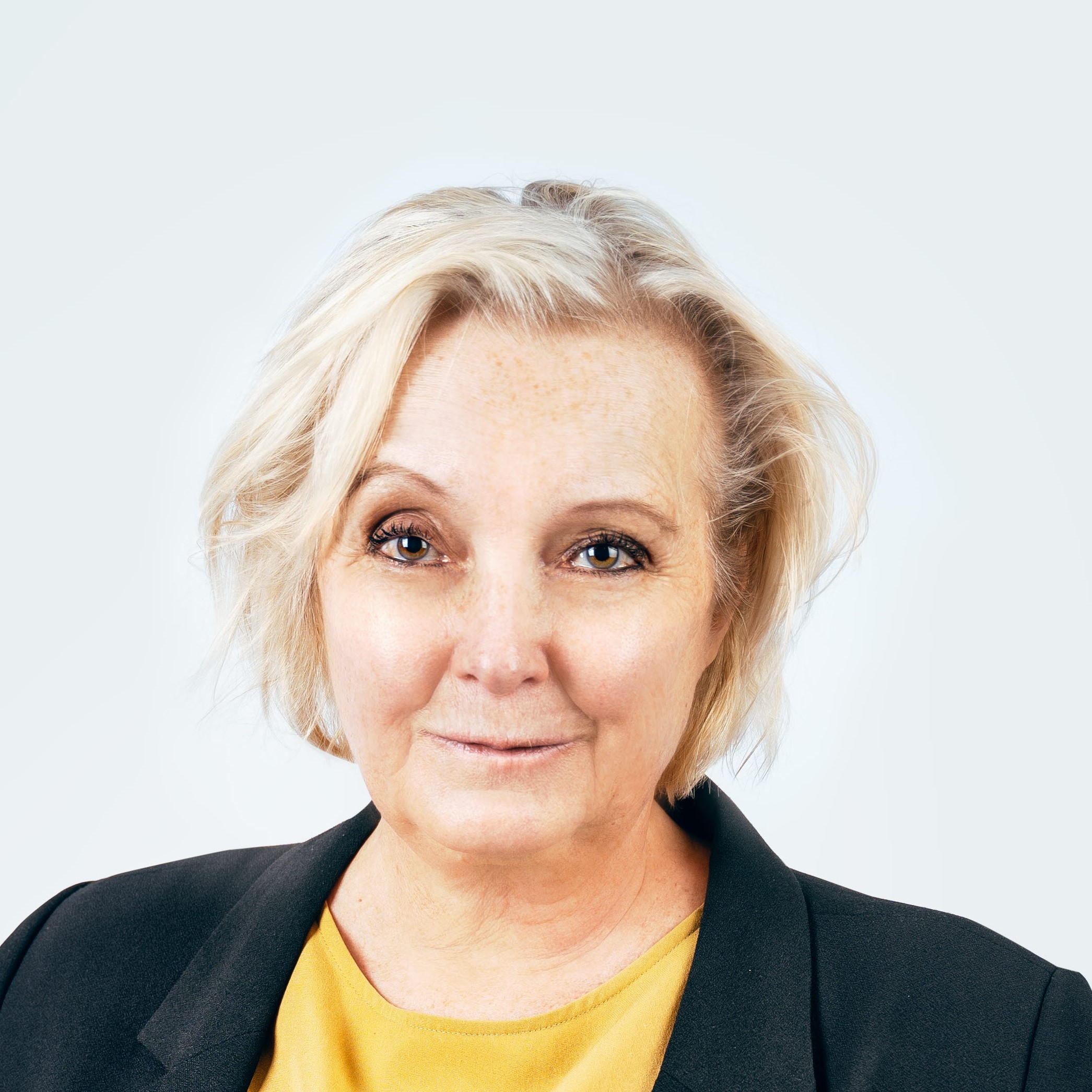
Clary Krekula
Action Vice Chair
Linnaeus University, Sweden
After completing her PhD, Clary Krekula worked for a year at Gävle University College before she was appointed as senior lecturer in social care with specialisation in ageing at Karlstad University.
“My research is on age and ageing, often taking a gender perspective. I have for instance developed an approach I call critical age studies. Instead of focusing on delimited age groups, the approach calls attention to age norms and age normalcies in society, how these create opportunities and conditions for different age groups, and how this makes power and age-based inequality visible.”
During recent years, Clary Krekula’s research has primarily focused on work organisation related to age and its effects, mainly on the elderly workforce. She works with these questions in national and international networks and projects, for example in the management of a large European network studying the steps currently being taken on a broad international front to raise the retirement age.
“In my research, I for example collaborate with pensioners’ associations and labour unions. Because my research concerns social and political processes related to equality and age, it also has a place in the political debate.”
Coordinators

Daniela Şoitu
Grant Awarding Coordinator
“Alexandru Ioan Cuza” University of Iaşi, Romania
Daniela is a professor of Social Work in Romania. Her research covers social and healthcare systems, their policies, and human and intersectoral resources. She is concerned with lifelong well-being, healthy ageing of the actual cohorts, and their future developments in the knowledge ecosystems.
daniela.soitu@uaic.ro

Jim Ogg
Training School Coordinator
Ageing Research Unit, French National Pension Fund
Jim was the Head of the Ageing Research Unit at the French National Pension Fund before stepping down in 2020. He remains an associate researcher. Research interests include family and social relations in later life, inequalities and social exclusion, housing and environmental issues related to ageing.
jim.ogg@wanadoo.fr
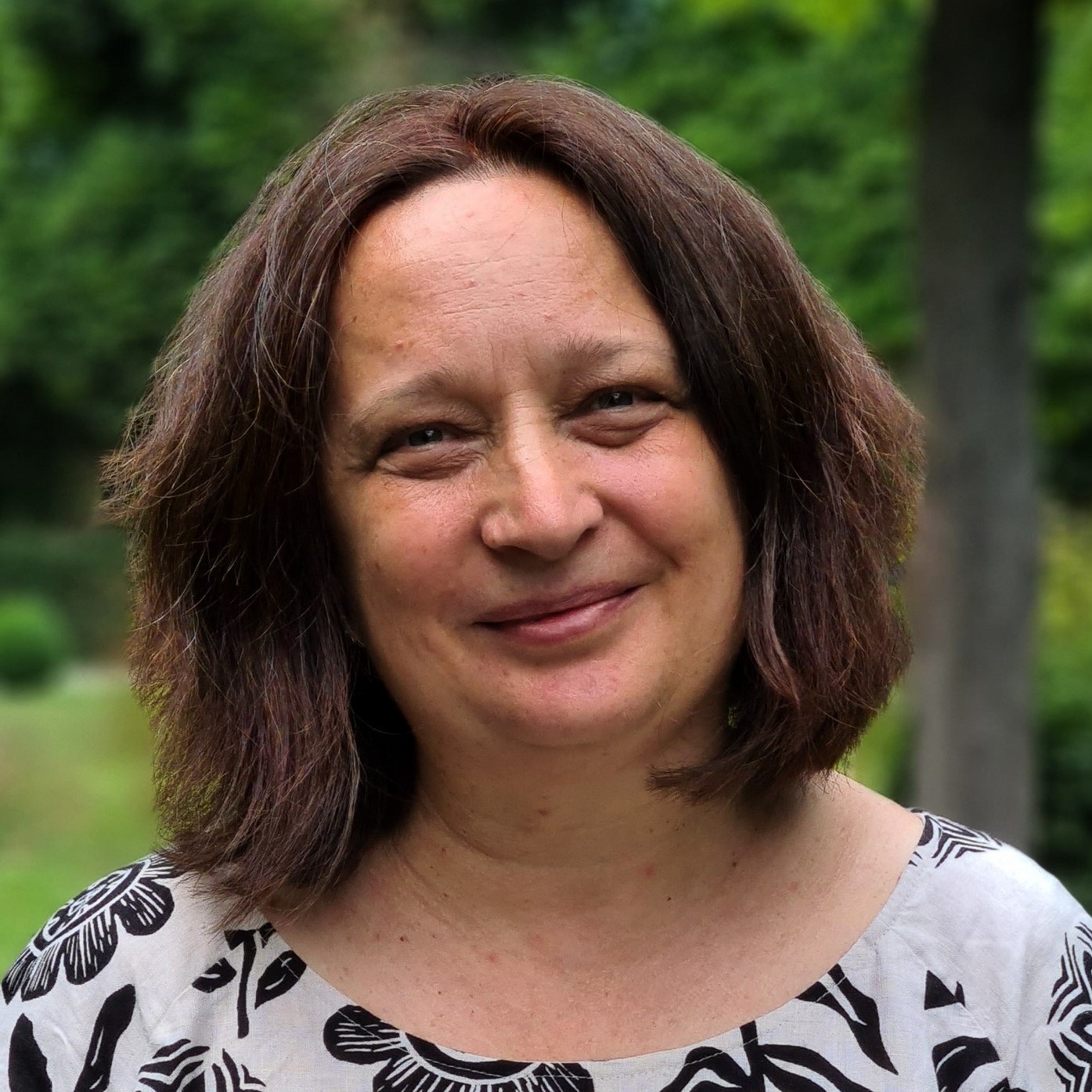
Nataliia Versal
Science Communication CoordinatorTaras Shevchenko National University of Kyiv, Ukraine
Nataliia is an Associate Professor at the Department of Insurance, Banking and Risk Management, with expertise in financial systems and their sustainability. Her latest research interests are digitalization issues in different areas, financial literacy, and financial well-being.
natalia_versal@knu.ua
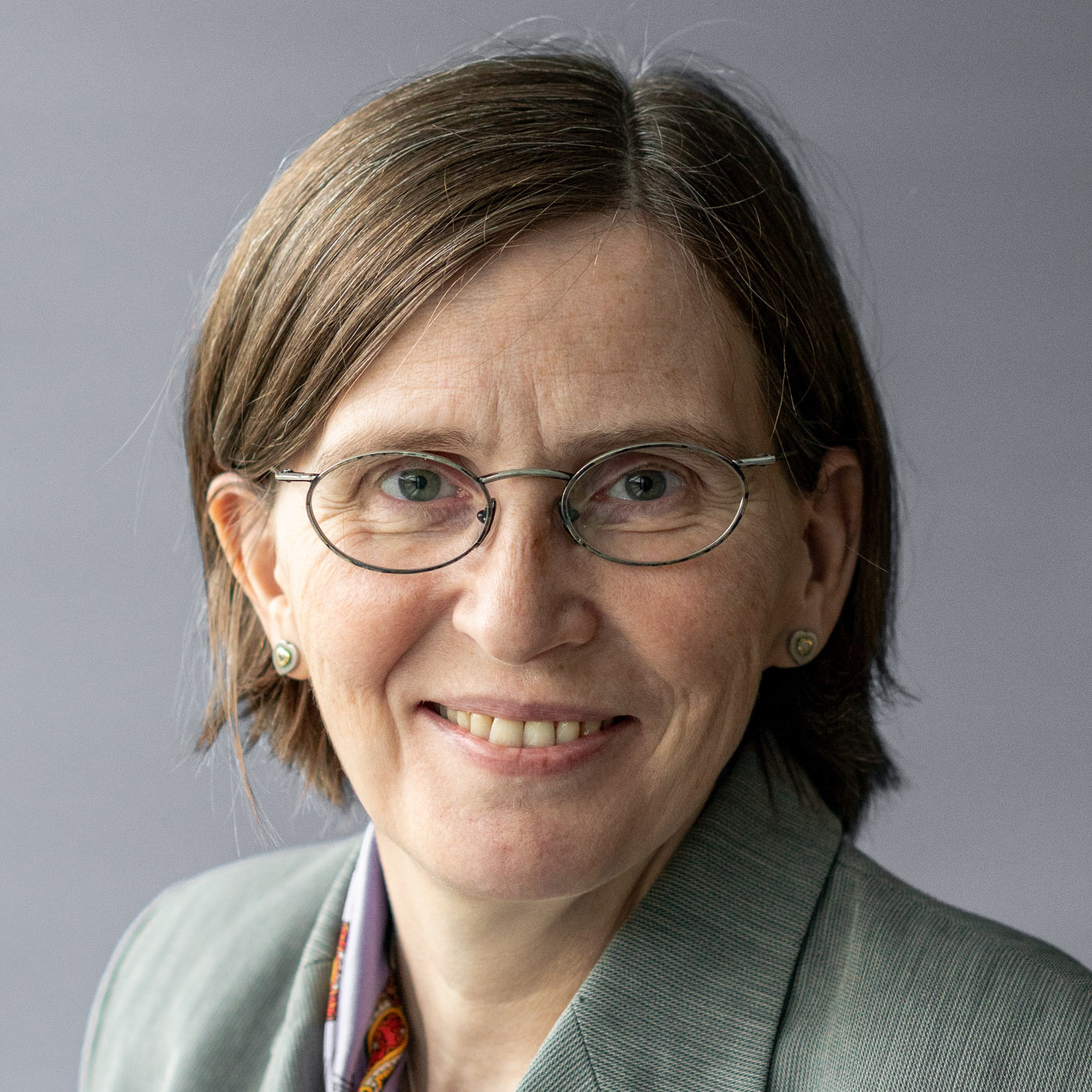
Iris Finger
Grant Holder Manager
Mendel University in Brno, Czechia
For more than 30 years, Iris has had senior management positions in multinational companies. Her specialism is process documentation, review and optimization. Since 2019, she has been focusing on project management.
iris.finger14@gmail.com
Leaders of Working groups

Jelle Lössbroek
WG1: Digitalization and Social InequalitiesNetherlands Interdisciplinary Demographic Institute & University of Groningen, Netherlands
Jelle is a postdoctoral researcher who defended his PhD dissertation in 2019. As a labour market sociologist, he studies how different trends shape the future of work and social security: ageing, migration, and technological change. The interplay between organization and worker is central to most of his research, with a specific focus on the financial situation of older migrants.
lossbroek@nidi.nl
see WG 1
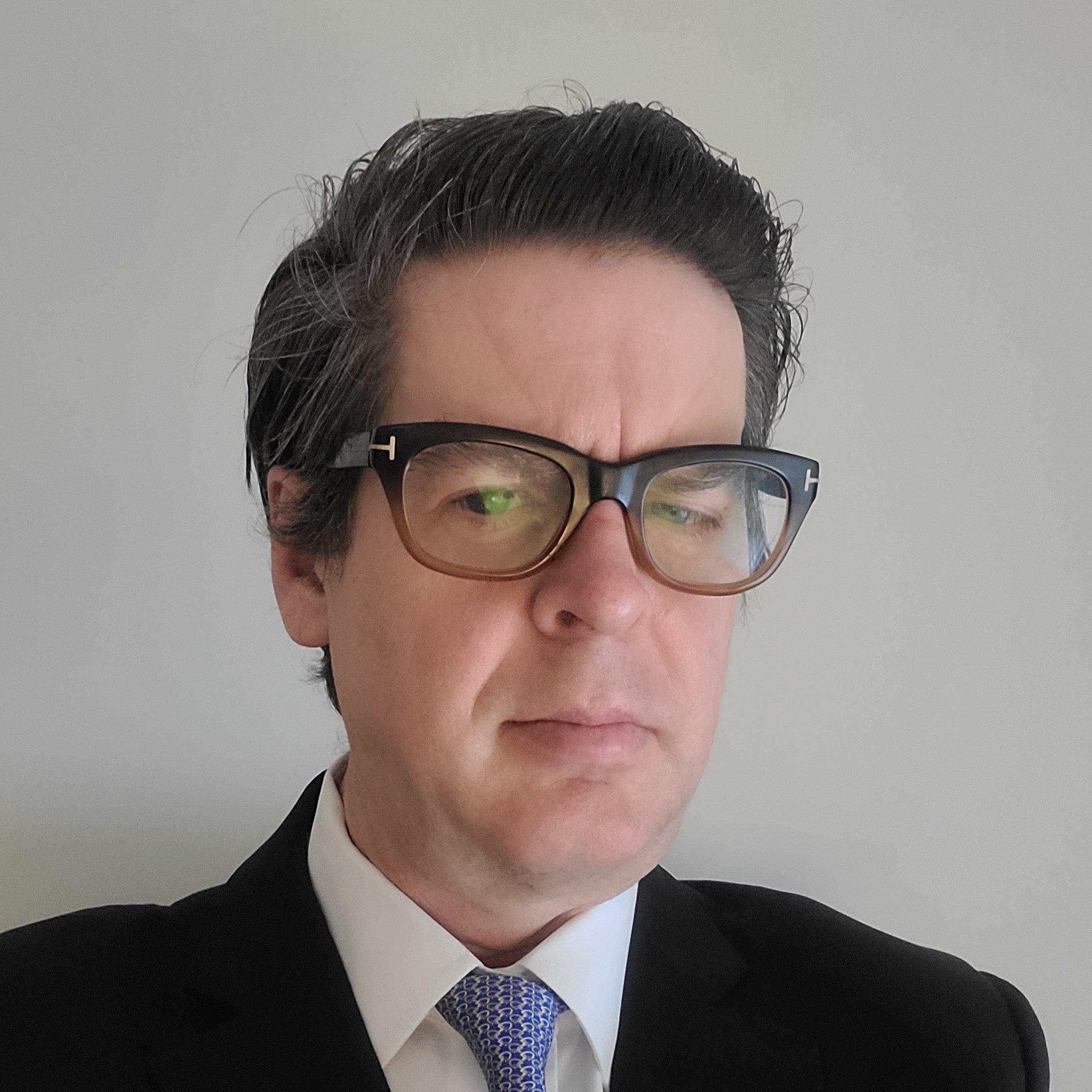
Matt Flynn
WG2: Digitalization and Age Culture in OrganizationsUniversity of Leicester, United Kingdom
Matt is a professor of work and employment specialising in older workers and job transitions at the University of Leicester. He has worked with unions, employers and third-sector organisations to support older workers including veterans, migrants and care workers into sustainable work. His websites can be found here: www.agediversity.org and www.secondmission.org.uk.
mf351@leicester.ac.uk
see WG 2
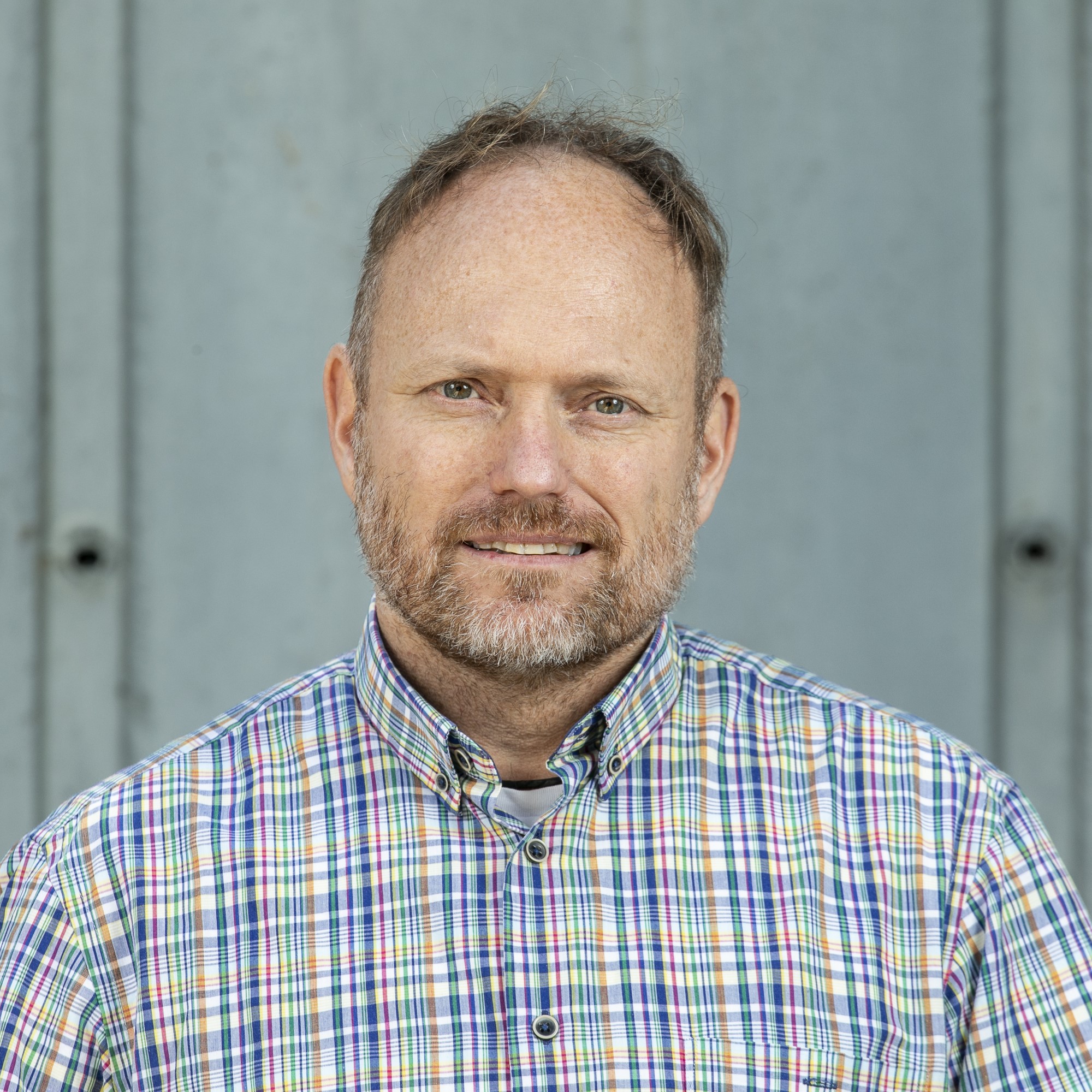
Jeroen Spijker
WG3: Digitalization and Health of Older WorkersCentre for Demographic Studies, Spain
Jeroen is a researcher at the Centre for Demographic Studies (CED) in Spain. He is part of the research group “Health and Ageing” and co-leads the areas “Health, Mortality and Causes of Death” and “Elderly care”. He has published on a wide range of topics in the field of demography, including population ageing, the epidemiological and health transitions, trends in health and causes of death, modelling and forecasting causes of death, care supply and demand and trends in family formation and joint custody after divorce
jspijker@ced.uab.es
see WG3

Ondrej Pavelek
WG4: Digitalization and Policies
Mendel University in Brno, Czechia
Ondřej is an assistant professor at Mendel University in Brno, Faculty of Business and Economics, Department of Law and Humanity Sciences. In 2020, he completed his Ph.D. studies in civil law. During his studies, he took an internship at the Chamber of Deputies of the Czech Parliament and at the Permanent Mission of the Czech Republic to the United Nations in New York, USA. His research interest is civil law and personality rights protection.
ondrej.pavelek@mendelu.cz
see WG4
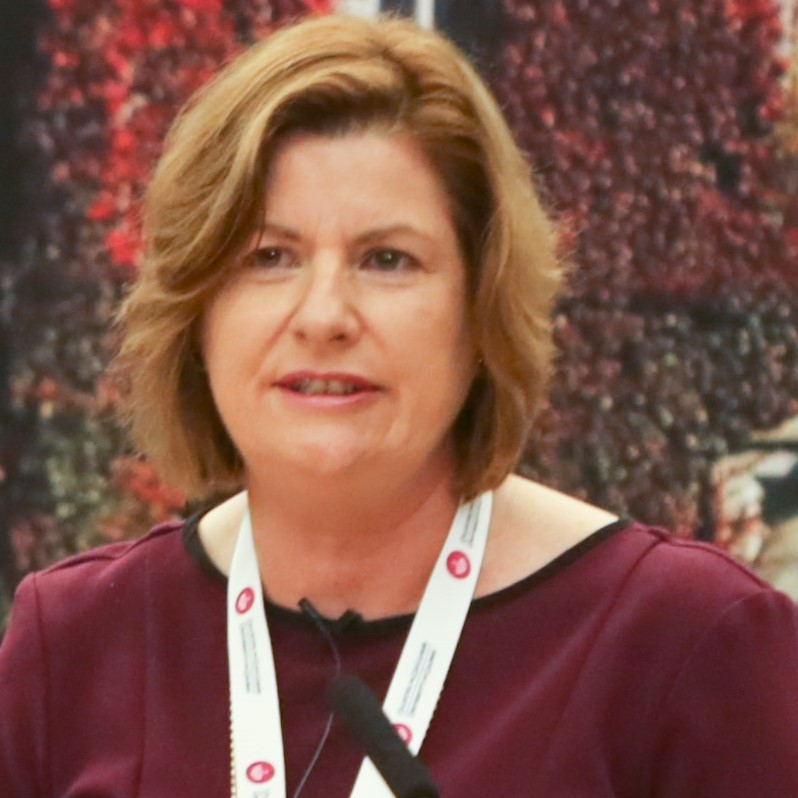
Maeve O’Sullivan
WG5: Digitalization and Media
University of Galway, Ireland
Maeve is an assistant professor of Human Resource Management and Decent Work at the University of Galway. Research to date has been primarily centred on identifying the factors influencing labour market inequalities – specifically relating to age and gender – and finding multi-level, impactful solutions to inform policy and improve individual work and organisational performance. Maeve is an invited grant assessor with the UK’s Economic and Social Research Council, a Research and Policy Committee member for Ireland’s TASC (Think-Tank for Action on Social Change) and an associate member of the CIPD.
osullivanm@universityofgalway.ie
see WG5

